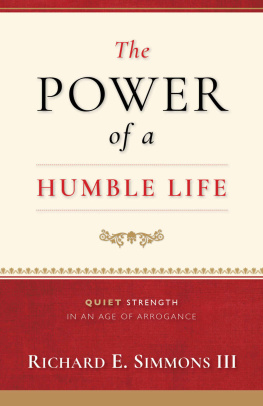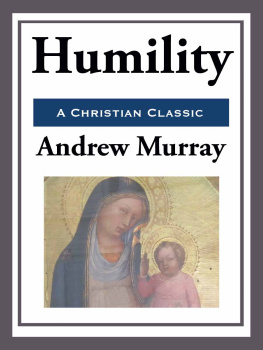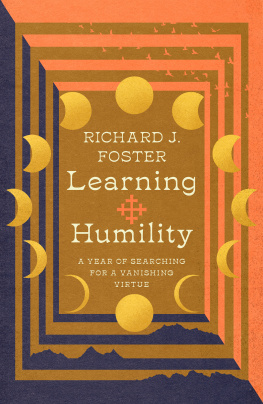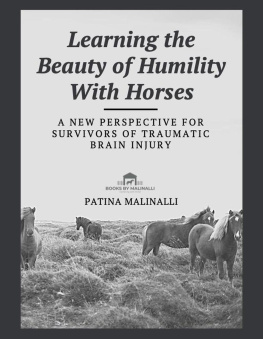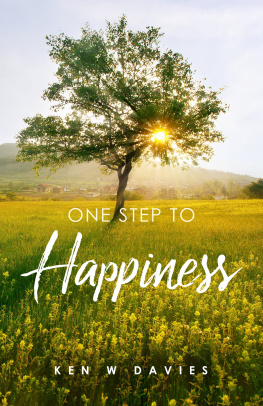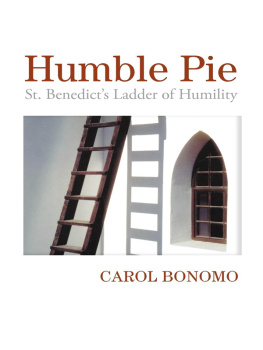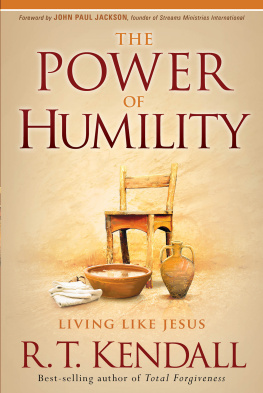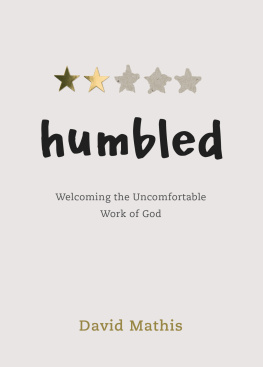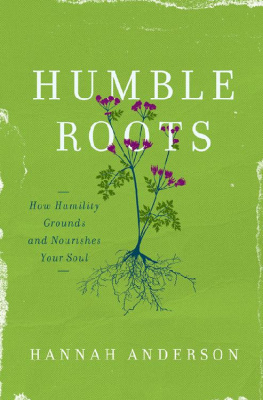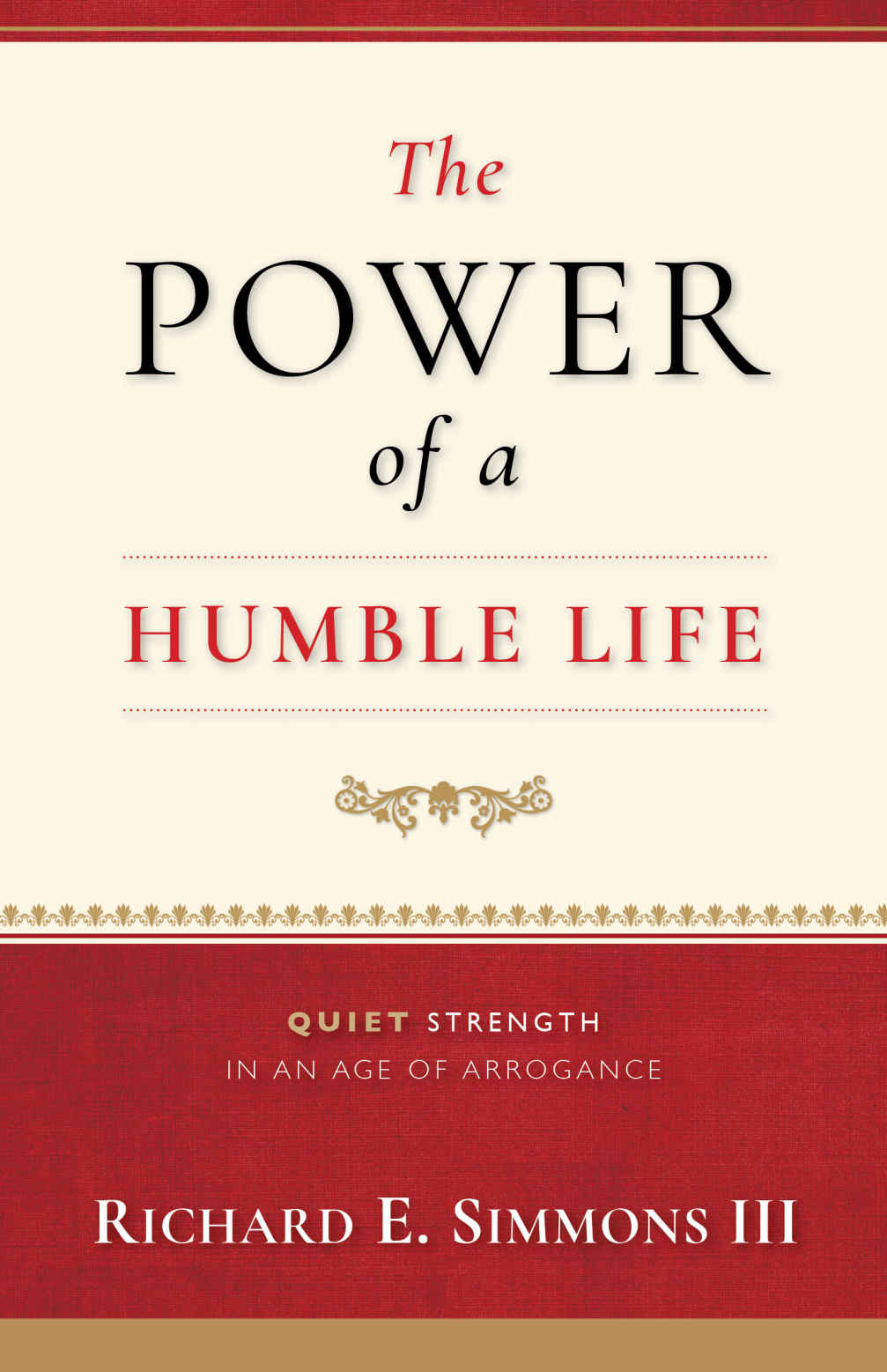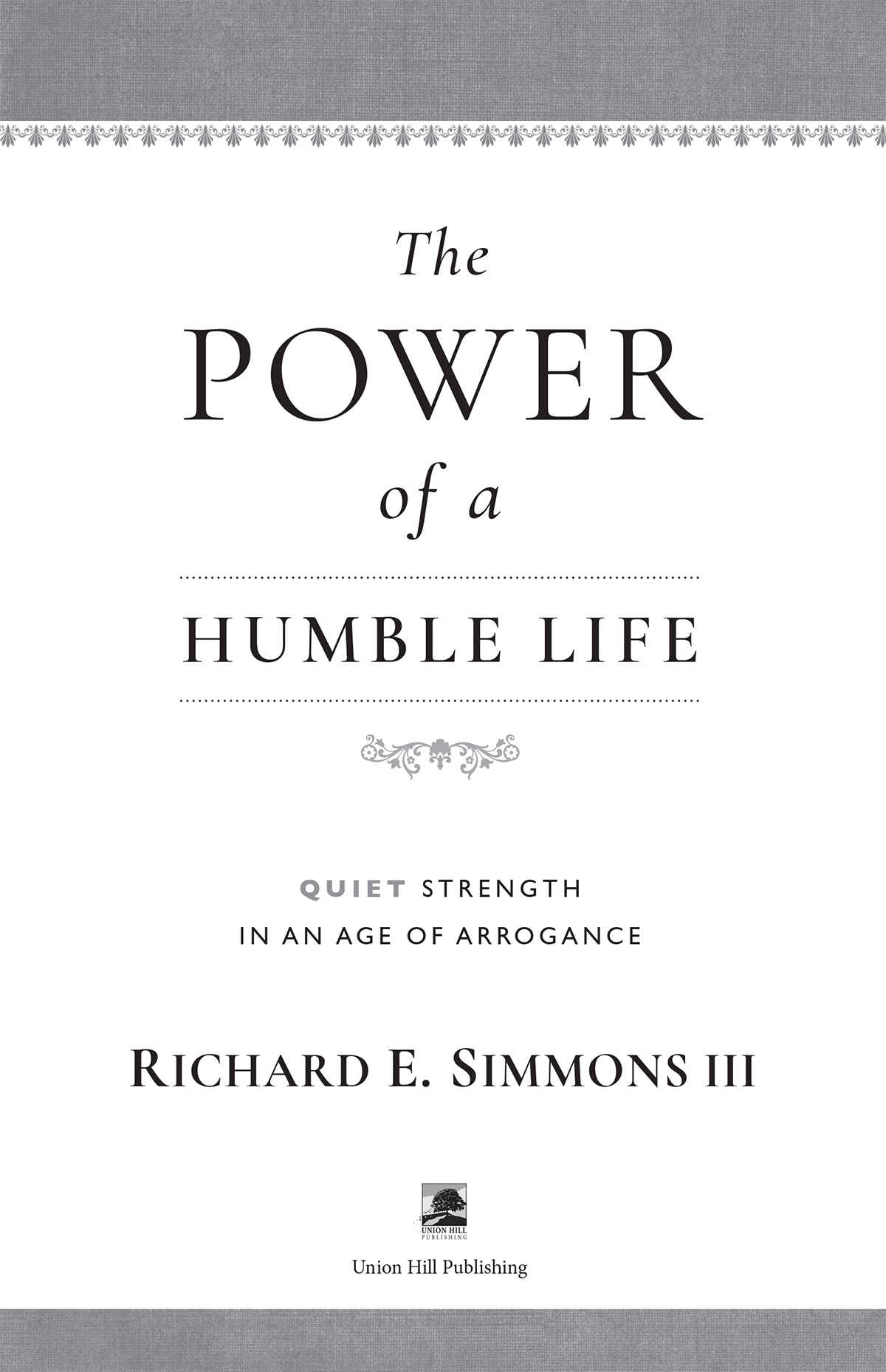
The American Founders knew that for their enterprise to become great, humility would be necessary. They also knew that of all the virtues of the human heart, humility is the most hard-won.
David J. Bobb
This book examines what I consider lifes greatest paradoxthat strength is found in humility. The problem is, humility does not come naturally to us. As we grow up, we find that pride is ingrained in our very being as we seek to prove to the world that our lives matter. We want to stand out in the crowd. Very few of us want to be completely out of the limelight with a sense that his or her life is not important.
One of the most important truths I have learned over the course of my life is that we are responsible for seeking a humble life and cultivating a humble heart. We must therefore realize that humility is a choice that we must first make, and then pursue.
Richard E. Simmons III
The
POWER
of a
HUMBLE LIFE

ALSO BY RICHARD E. SIMMONS III
REMEMBERING THE FORGOTTEN GOD
The Search for Truth in the Modern World
SAFE PASSAGE
Thinking Clearly about Life & Death
THE TRUE MEASURE OF A MAN
How Perceptions of Success, Achievement & Recognition
Fail Men in Difficult Times
A LIFE OF EXCELLENCE
Wisdom for Effective Living
RELIABLE TRUTH
The Validity of the Bible in an Age of Skepticism
SEX AT FIRST SIGHT
Understanding the Modern Hookup Culture
WISDOM: LIFES GREAT TREASURE
Timeless Essays on the Art of Intentional Living
The Power of a Humble Life
Quiet Strength in an Age of Arrogance
Copyright 2017 by Richard E Simmons III
All rights reserved.
This book is protected under the copyright laws of the United States of America. This book may not be copied or reprinted for commercial gain or profit. Union Hill is the book publishing imprint of The Center for Executive Leadership, a 501(c)3 nonprofit organization.
Union Hill Publishing
200 Union Hill Drive, Suite 200
Birmingham, AL 35209
www.thecenterbham.org
ISBN 978-1-939358-15-8
1 2 3 4 5 6 7 8 9 10
Printed in the United States of America
To my wonderful wife Holly,
my soulmate and very best friend.
CONTENTS
INTRODUCTION
B ack in 2009 I wrote the book The True Measure of a Man, which was based on a series of talks I had given to a large group of businessmen. These talks focused on how hard it generally was to face the financial challenges in our lives in light of the economic hardship that the entire world was then experiencing. Those were unprecedented times, and there was a great deal of uncertainty everywhere. Almost every man I knew was wondering what was going to happen next and how it would impact him and his family. What made it so difficult was that much of what was taking place in the economy was completely out of their control.
Here we are, almost nine years later, and everything has changed. The economy is good, the unemployment rate is low, and the Dow Industrial Average is at an all-time high. The fear has subsided, and for most people, life is good.
The book you are about to read, The Power of a Humble Life, is in many ways a sequel to The True Measure of a Man, although it is not targeting just men. This is a book for men, women, young and old, and the message has the potential to be life-changing.
I dig into an issue, which plagues us all, though most of us are completely unaware that it exists in our lives, and I share what I consider to be lifes greatest paradox. Many of Gods important truths are foreign to the world we live in because they are so counterintuitive. For this reason, biblical truth often comes across as utter foolishness to some people.
What we do not recognize is that very often the wisdom of God, the truth of God, is paradoxical. Paradox is defined in Websters as a tenet that is contrary to received opinion. A statement or principle that is seemingly contradictory and opposed to common sense, but may in fact be true.
In this book, the paradox that I discuss is essential to a life well-lived. It strikes right at the heart of who we are as human beings, and its ramifications are incredibly significant in all areas of our lives. It is of foundational importance if we want to live an exceptional life.
Lifes greatest paradox is found in the title of the bookour strength is found in humility. This interesting and challenging concept, certainly not taught at Harvard Business School, is clearly counterintuitive.
As we explore the underpinnings of this great paradox, we will begin with the thorny issue of pride and arrogance and continue on by exploring the power of humility. At the end, I believe that you will clearly see the power of a humble life.
~ 1 ~
OUR GREATEST DILEMMA

PRIDE HAS BEEN THE CHIEF CAUSE OF MISERY IN EVERY NATION AND EVERY FAMILY SINCE THE WORLD BEGAN.
C. S. Lewis
~ 1 ~
OUR GREATEST DILEMMA
I think at times it is very difficult for us to understand the human condition and the thoughts that go through our hearts and our minds. For instance, why do we feel so compelled to impress other people? What is that all about? And why are we always comparing ourselves with others? Why cant we just be content with who we are and what we have? Then there is, of course, the big question. It is the one question we are always asking ourselves. It often seems to be the central question that must finally be answered before we will make certain decisions or take definitive courses of action. It is a question that I believe haunts many peoples lives:
What will people think about me?
This question operates in our lives in some form or fashion and can impact us emotionally, psychologically, and even spiritually. I am sure you recognize this to be true of your life, but what is this really all about? There is a simple answer: the pride of life.
C.S. Lewis is considered by many to be one of the greatest authors ever. More than 300 million copies of his books have been sold; and though he died in 1963, hundreds of thousands of his books are still purchased each year. One of his most well-known works is Mere Christianity, in which he intellectually lays out a defense of the Christian faith. In a section labeled Christian Behavior, he discusses topics such as cardinal virtues, social and sexual morality, forgiveness, charity, and hope, followed by a chapter entitled, The Great Sin. Lewis opens this chapter with the following words:
There is one vice of which no man in the world is free, and which everyone in the world loathes when he sees it in someone else, and of which hardly any people, except maybe some Christians, ever imagine that they are guilty themselves. I have heard people admit that they are bad-tempered, or that they cannot keep their heads about girls, or drink, or even that they are cowards, but I dont think that I have ever heard anyone accuse himself of this vice. And, at the same time, I have very seldom met anyone, again, other than some Christians, who showed the slightest mercy to it in others. There is no fault which makes a man more unpopular, and no fault of which we are more unconscious of than others, and the more we have it ourselves, the more we dislike it in others. The vice Im talking of is pride, or self-conceit.

